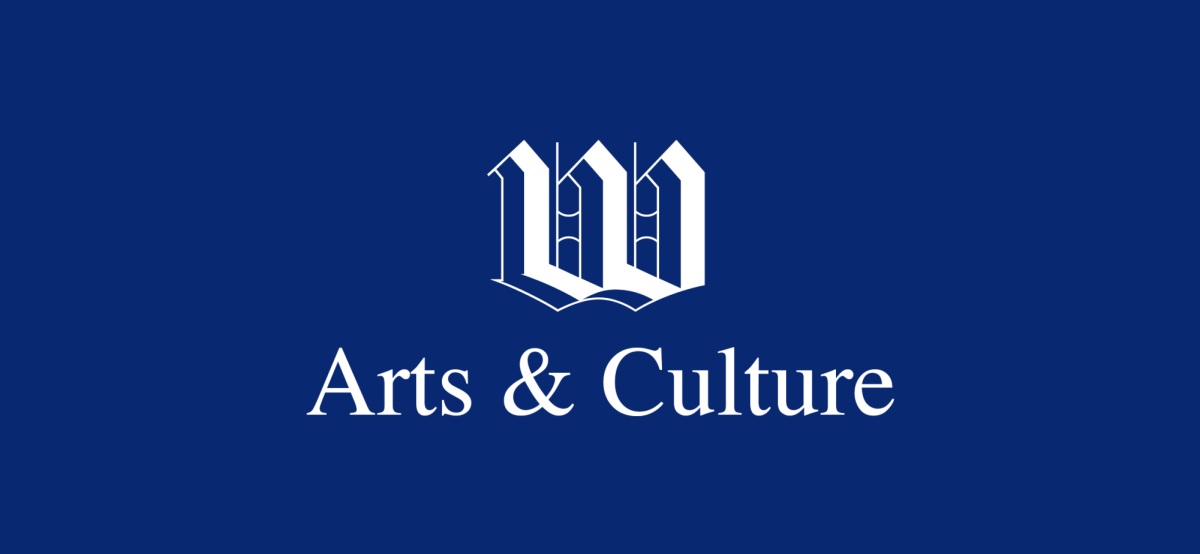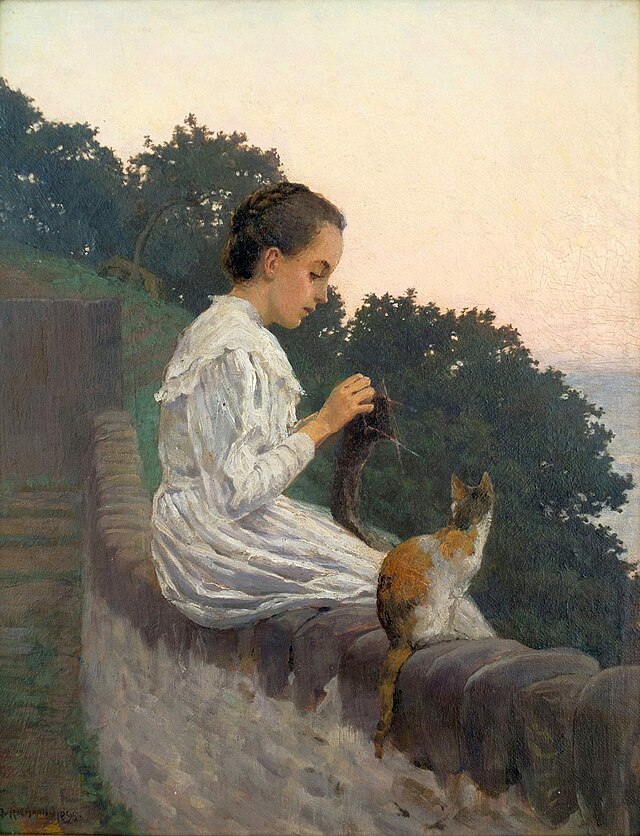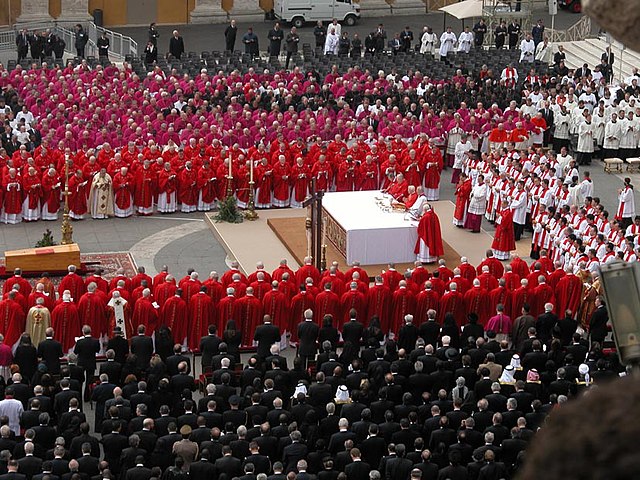At Wellesley, Nicole Drespel ’06 double majored in English literature and medieval history. Originally she planned to major in Political Science but then fell in love with her English classes. She took a medieval history class “because Terry Jones from Monty Python was doing a lot of Medieval History material,” and then ended up taking more classes in that department with Professor Valerie Ramseyer, “until a major was sort of inevitable.”
After Wellesley, she moved to New York City, eventually getting involved in the famous comedy group the Upright Citizens Brigade (UCB), where she writes, performs and teaches comedy. When it comes to teaching comedy, she thinks that everyone has the potential to find a comedic voice. “I think of my job as helping people uncover and communicate what makes them laugh,” she says. Beyond UCB, she has also written for television series including “The Chris Gethard Show” on TruTV and “Wet Hot American Summer” on Netflix. Her acting credits also include a recurring role on “Broad City” and a guest starring role in “Standards and Practices,” a 2012 episode of “30 Rock,” as well as co-hosting a podcast, “Inbox.” Drespel originally thought she would pursue dramatic performance — “it seemed ‘important’” — but found that she kept gravitating towards comedy, and by the time she joined Dead Serious at Wellesley, “it was probably a done deal.”
Having created so many different kinds of content, Drespel finds that she prefers improv and sitcom work. The biggest difference between all of them, she says, has to do with the distance between the performer and the audience. “Improv happens with everyone in a room together — the audience is having the experience at the same time as the improvisers. For podcasts, the audience is having the experience alone, sometimes days — or weeks — after the hosts have had the conversation. And sitcoms are an even slower process. They’re written in a room, made months later somewhere else, and watched — maybe alone, maybe with someone else — months after that. I don’t know if what I’m doing changes that much between each meeting, but where it goes after its out of my hands is very different.”
Kate Broad ’06, meanwhile, was “pretty sure” she would end up an English major when she started college. A gap year in India before starting Wellesley left her wanting to understand more about social justice, inequality and economic development. After she took Poli Sci 101 her first semester, she knew she wanted to double major. In her creative writing, she focused on poetry, and figured that after graduating she would pursue an MFA. But then the poet Louise Glück recommended getting a PhD instead, and that’s exactly what Broad did. She attended the CUNY Graduate Center, graduating in 2012 with a PhD in English. “Grad school is very different from Wellesley,” she says. “It’s more like vocational school, no matter what you’re studying. You’re training for the job you’ll use the degree for — so although there can be a lot of pressure to go to grad school, it makes sense to wait until you know you’ll really need the degree for the job you want.”
Broad’s path to writing romance novels began with her dissertation on the romance plot in contemporary feminist utopian and dystopian fiction — “think Margaret Atwood, Ursula Le Guin, ‘The Hunger Games.’” She came to the conclusion that if she was going to be doing so much work on romance in fiction, she should “probably read some romance novels.” She liked that the genre, overall, “places women front and center.”
After finishing her doctorate, Broad left academia to focus on writing fiction. After half-finishing a literary novel and starting three young adult novels that ultimately went nowhere, she turned to romance with “Above All.” “I could tell something significant was falling into place,” she says. “I truly believe romance authors are rewriting the possibilities and expectations for women in narrative; ten romance novels later, that’s still something I want to be a part of.” Broad writes romance novels under the pen name Rebecca Brooks — her middle name and her mother-in-law’s maiden name. In addition to continuing her romance writing career, Broad returned to that half-finished literary novel in 2014 and finished it. She secured a second agent with the intent of publishing literary fiction under her own name, and her first literary novel is nearly ready to be sent to submission publishers. “I don’t know where things will go from here,” she says, “but I’m excited for these next steps!”
Regarding what sort of advice they wish they had had as undergrads — advice that might benefit current Wellesley students — Drespel says, “the biggest thing I wish I could tell myself –– and I wouldn’t listen anyway –– is there’s no rush. Improv isn’t going anywhere, New York isn’t going anywhere, your imaginary career isn’t going anywhere.” She goes on to add, “it’s okay to take time, go live somewhere you don’t think you’ll want to live later and do something you don’t think will directly translate into your “goals.” You’ve got time, go surprise yourself for a little bit.”
Meanwhile, Broad has the following advice especially useful for any creative writers out there: “I wish I’d known there’s no secret to writing a novel and no magical, future time in which I’d suddenly know how to do it. I kept waiting for my lightning bolt moment, but that’s not how it works! I don’t think authors talk enough about persistence and failure. The first draft of anything is terrible. That’s okay. What’s harder is that the twentieth draft is terrible, too. But the twentieth draft of the twentieth attempt to write something semi-coherent is less terrible than what came before it, and that is how progress gets made.” She notes that her first published novel, “Above All” was actually the fifth that she wrote, and that her “very first novel attempt,” started the summer after she graduated from Wellesley, is just now going out to publishers. “Play the long game,” she says, “read widely, voraciously and critically; and remember that everything gets written one page at a time.”
Drespel and Broad will be on campus this Friday, March 8, to participate in a panel “Getting Paid for Creative Writing After Graduation,” moderated by Maggie Olmstead ’21 and sponsored by the Department of English and Creative Writing. The panel will take place from 12:40 to 1:30 p.m. in Founders 106. Lunch will be served. Drespel and Broad will also be available to speak with students directly after the panel.



